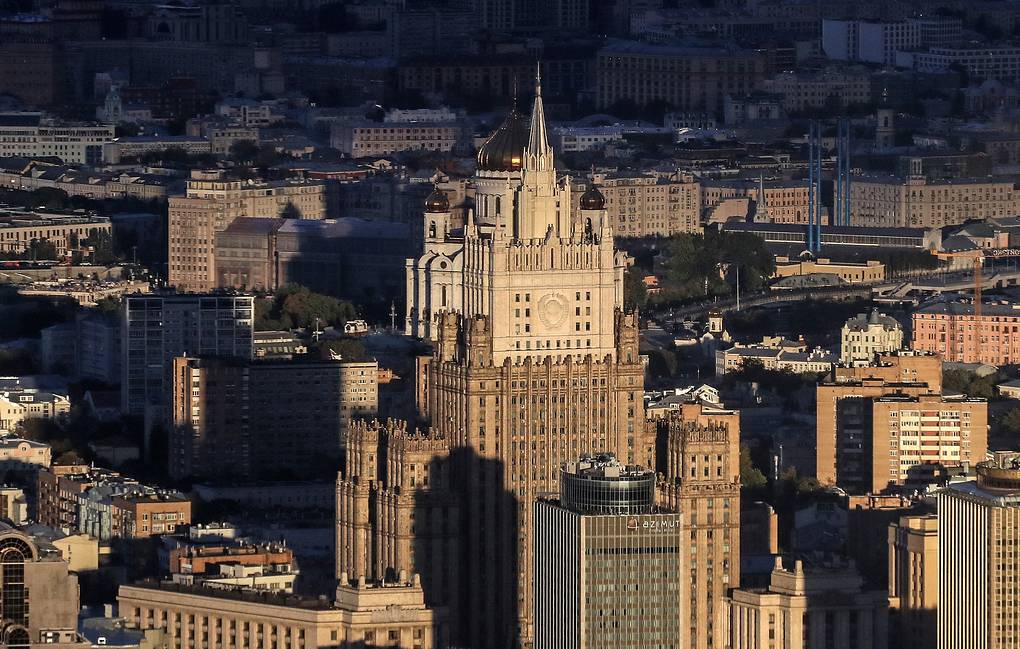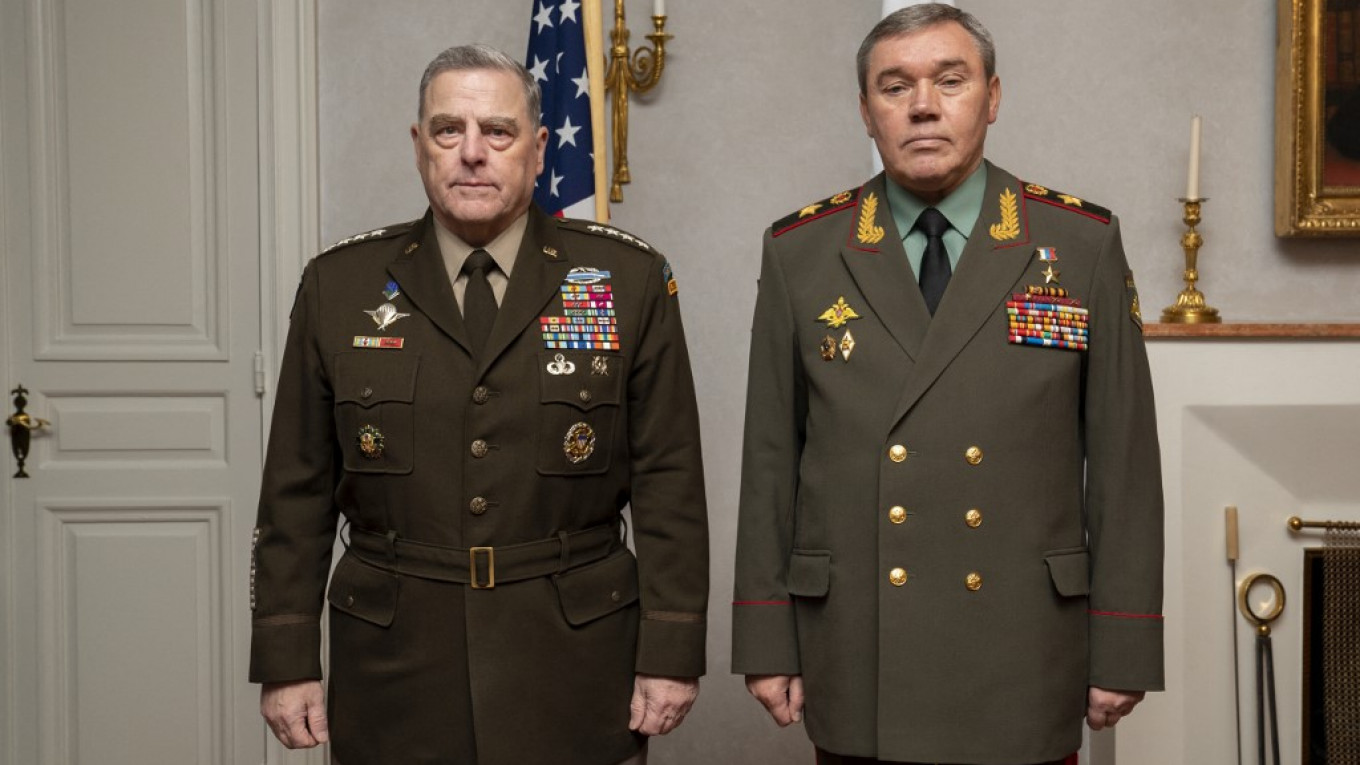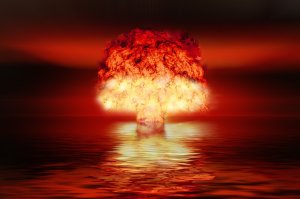
Gilbert Doctorow, Ph.D.
Gilbert Doctorow is the European Coordinator of the American Committee for East West Accord, Ltd. Gilbert Doctorow is a Research Fellow of the American University in Moscow
According to Hollande, the terror attacks were directed against French values of Liberté, Egalité and Fraternité. This seems to be the new version of Ich bin ein Berliner. We have now all become glib French speakers in the updated, values-based brainwashing exercise of the moment.
It is now commonplace to hear that life in Paris, life in the world at large has been changed forever by the tragedy that played out in Paris on the evening of 13 November. Indeed, with a 3 month state of emergency declared in France, with French suspension of the Schengen regime of free travel across internal borders of the EU and heightened security throughout Europe including Russia, ordinary citizens woke up on Saturday to a much less friendly routine of daily life, with constant reminders of deadly insecurity.
The airwaves in Europe have been filled with reporting of the carnage in Paris. But with very few exceptions, programming on the two most widely viewed news channels on the Continent, Euronews and the BBC, has been at the level of tabloid press: focused on human interest stories, the little tragedies surrounding the 129 killed on Friday, the trivial testimony of those laying flowers at various impromptu shrines around Paris, none of whom seems to have a clue as to why France was struck. Apparently no one has told any of them about the vicious role France played in the military intervention in Libya, about France’s very hawkish policy line on Syria from the beginning of the civil war, meaning support for the anti-Assad terrorists.
Meanwhile President Hollande in his address to the nation after the tragedy sounded the official note that has been picked up by the television channels and carried far and wide in public tributes to the French suffering, not least of them in the address by Barack Obama from the Oval Office: namely that the terror attacks were directed against French values ofLiberté, Egalité and Fraternité. This seems to be the new version of Ich bin ein Berliner. We have now all become glib French speakers in the updated, values-based brainwashing exercise of the moment.
At the level of high policy, it is unclear what was changed by the Paris attacks. The news coming out of Vienna on Saturday from the meeting of the 5 powers discussing solutions to the Syrian civil war seemed to indicate a cardinal change for the better. The televised news briefing at the end of the talks showed a configuration of the table that was stunning: Kerry and Lavrov were seated at the head as the co-sponsors. All that was missing was a red Soviet flag behind them and you could believe we were back in the good/bad old days of the truly bipolar world. The EU’s Mogherini sat at a side table, looking muzzled - only her eyes spoke of her frustration and hostility. And the hosts announced a road map, the timetable from cease fire and bilateral talks between the Opposition and Assad leading to national elections 18 months from now. Golden Age stuff. The Americans were clearly backing down on the issue of Assad’s departure being a precondition to peace in Syria, once again leaving Hollande beached.
On Sunday we heard reports of Sarkozy coming out of a meeting with Hollande asserting that it's crazy to have 2 coalitions fighting the Islamic State in Syria, that they must come together, that Russia’s participation is essential. In saying this, Sarkozy was pulling the blanket away from Marine Le Pen and removing all basis for mainstream media to claim, as it has consistently, that the terrorism issue was only feeding the anti-EU populists, if not the xenophobic fascists altogether. Now it was clearly feeding opposition at the center of the political spectrum.
However, what all these tea leaves really tell us remains to be seen. Yesterday’s reports from the G20 meeting in Antalya presented very mixed and confusing messages. You had Putin and Obama shown in confidential talks on the sidelines of the Summit in what was variously reported as a 20 minute or 35 minute heart to heart chat on Syria and Ukraine. And you also had the loudmouth Russia-hater Donald Tusk, president of the European Council, publicly berating Russia for targeting the wrong folks in Syria.
Today’s Guardian features an article on the Western powers ganging up on Putin in Antalya to press for an end to Russian strikes on ‘moderate opposition’ forces in Syria. If true, this suggests there is a great deal of daylight between the sides to be closed before we can speak of nascent reconciliation, rapprochement between Russia and the West. At the same time, some high visibility pundits in the US who were formerly deeply anti-Putin are suggesting that it is time to do a deal with the devil in the interests of defeating the Islamic State. They suggest that if Russia knuckles under and plays by American rules, the West will look after Russian interests in Syria, even acknowledging it is the Russian sphere of influence in the Arab world. However, it seems to me this is only wishful thinking.
In summation, we are possibly at a turning point in Russia-West relations, but as they like to say in Washington, no eventuality can be taken off the table.



_jpg/250px-ElbeDay1945_(NARA_ww2-121).jpg)









